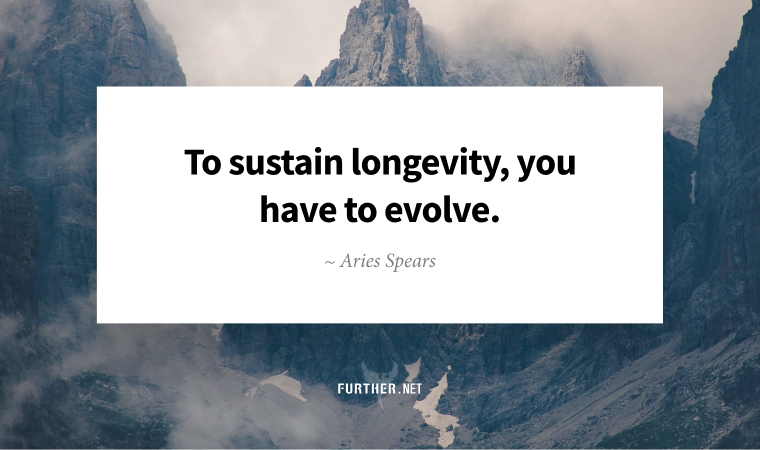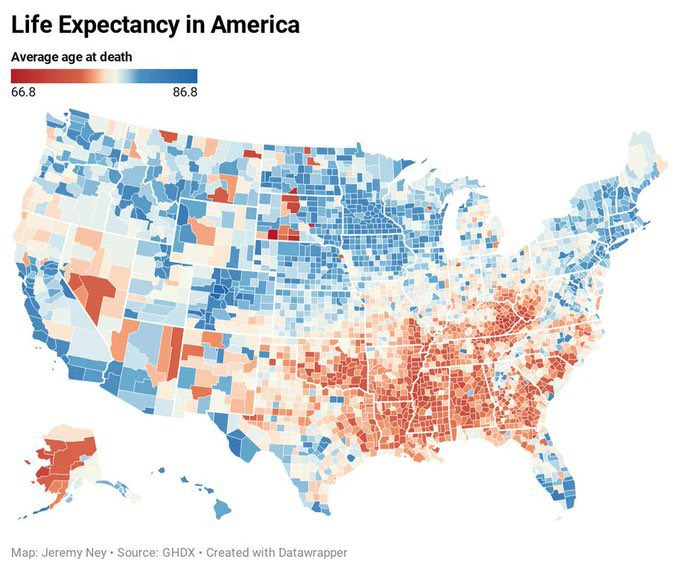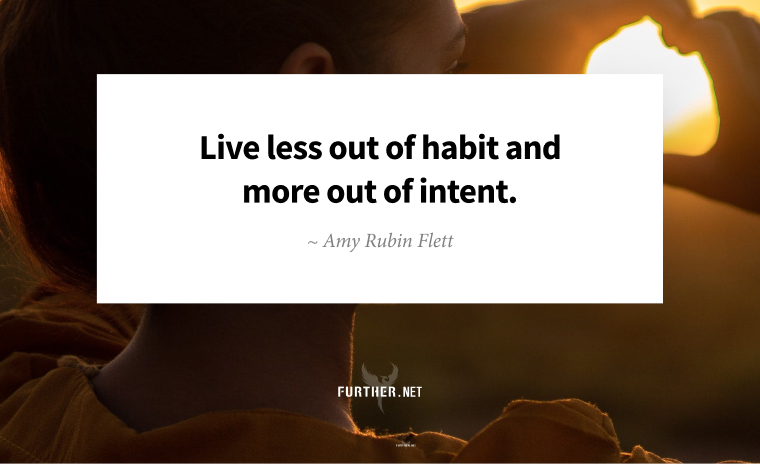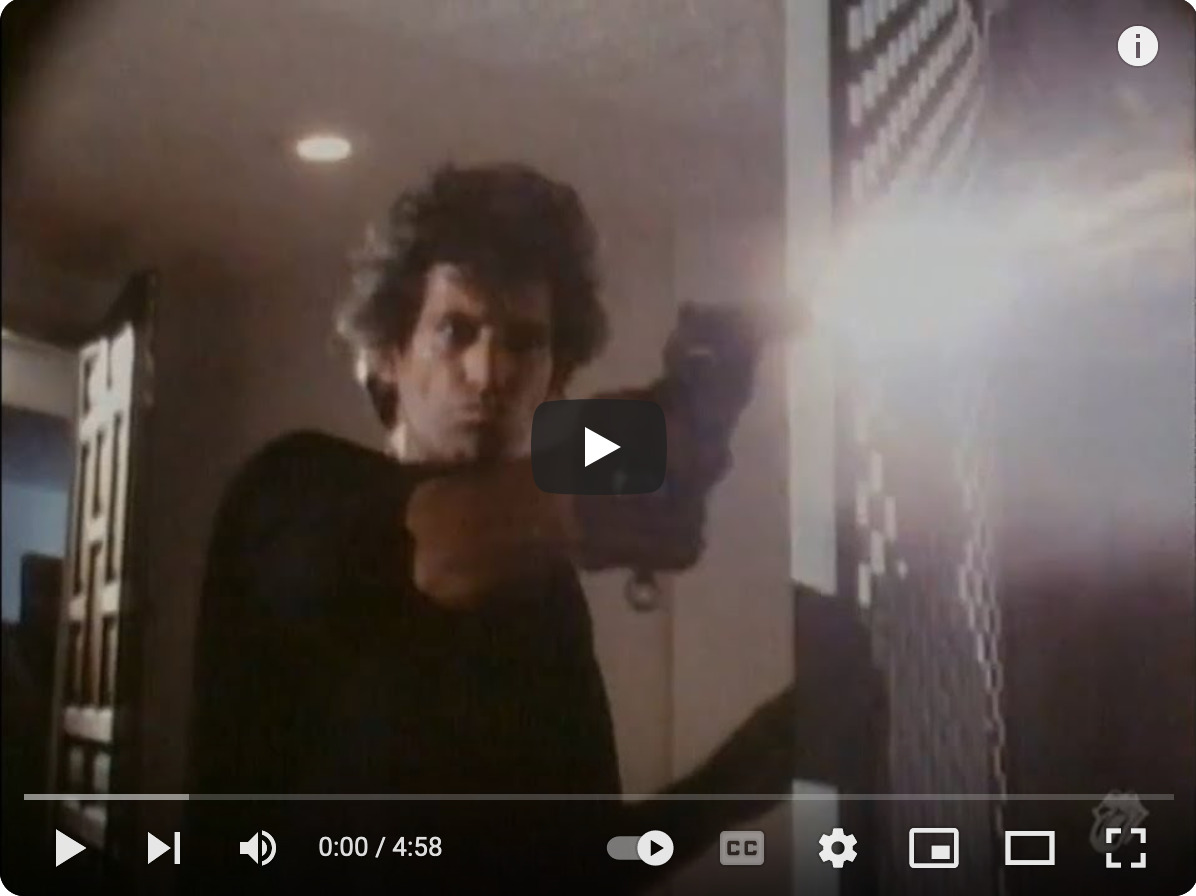
Will Generation X be the first generation to live much longer?
I’ve made that case before based on longevity trends and the prospects for age-reversal treatments in the next 20 years. And yet, the United States isn’t doing all that well in terms of average life expectancy right now:
Newly published data on life expectancy in the United States shows a partial rebound from the worst phase of the coronavirus pandemic, but drug overdoses, homicides and chronic illnesses such as heart disease continue to drive a long-term mortality crisis that has made this country an outlier in longevity among wealthy nations.
To make sense of this, we have to properly understand “average” life expectancy and the “United” States.
By definition, life expectancy is based on an estimate of the average age that members of a particular population group will be when they die. Given that we’re dealing with an average number, it doesn’t really reflect how long older people live. In fact, very few people will actually die at age 77, or whatever expectancy number we may have at any given time.
You may be surprised to learn that once the pandemic is accounted for, the lag in U.S. life expectancy is from deaths of people under 50, with an alarming return of higher child mortality rates than other wealthy nations. Shockingly, gun violence has become the leading cause of death among children and teens.
Next, we have to take into account the wide variation in health, and therefore life expectancy, in the U.S. population:

As you can see from the map, when it comes to life expectancy, there is no “United” States. In many areas of the country, life expectancy meets or exceeds that of Japan, the world leader in longevity. In others, life looks much like it did in the 1930s when Social Security assumed you wouldn’t collect benefits for long, if at all.
The map clearly mirrors a concentration of one of the core issues, with the five most obese states being West Virginia, Alabama, Kentucky, Oklahoma, and Mississippi. Beyond that, there are many root causes for the national divergence in life expectancy, including political, cultural, and educational.
Contrary to what you may think, having a higher income doesn’t necessarily protect you from an early death in the United States. Statistically, wealthier Americans are less healthy than their well-off counterparts in other countries.
The key to a longer, healthier life is tied to education, which increases life expectancy though healthier lifestyles, superior earnings, and better work conditions. That means the life expectancy divide is often between those who have a college degree and those who don’t.
It’s a fairly safe bet that if you’re reading Further, you have a college degree or are highly self educated. Sadly, without a foundation of knowledge about healthy living and personal growth, it would never occur to you to pay attention to these topics.
The most important thing to know is that continuing with the journey is it’s worth it. Life gets better at 50, you realize greater meaning at 60, and happiness is highest in your 70s.
You have the knowledge. Now you just have to take the action necessary to mirror the attitude of Gen X sage Dave Grohl:
“I’ll stick around.”
Keep going-
P.S. New to Further? Join us here.
The Wasabi Lobby
Okay, I’m not saying there’s a special interest group pimping wasabi as good for you like the alcohol lobby did with red wine. I’m saying given this news and the health benefits of fish, I’ll be happily eating even more sushi.
Wasabi, Beloved on Sushi, Linked to “Really Substantial” Boost in Memory, Japanese Study Finds (CBS News)
Bring the Muscle
One of the biggest adjustments I made in the last year of strength training was upping my protein intake, which really took some dietary focus. And if you’re not lifting, you still need to be mindful of protein to avoid losing the muscle you have.
How Your Protein Needs Change as You Age (New York Times)
Your Next Gig
There’s no doubt that many Gen Xers will be working past traditional retirement age, either out of necessity or desire. Doing your own thing is the answer, and you can definitely do better than Uber and Lyft. But it’s a good idea to understand what’s driving Baby Boomers (no pun intended) to work in the gig economy.
Why Older Americans are Ditching Retirement to Drive for Uber and Lyft (Business Insider)
X Gon’ Give it To Ya
We’re the forgotten generation, and we’re cool with that. But apparently some younger people think they need to blame us for the problems of the world along with Boomers. The overriding response that comes up in this humorous article is basically, “You really don’t want to mess with us, because we were raised as feral children in the unsupervised wild.” Truth!
Nobody is Talking About Gen X. Gen Xers Say They Like It That Way (Business Insider)
The X-Factor for the Sober Curious

By Trudi Roth
Fun fact: our kids drink far less than we do, according to Gallup. Meanwhile, research shows our boozing is at a record high: nearly 30% of middle-aged adults reported having five+ drinks in a row in the past two weeks.
Don’t worry that this article is about the dangers of drinking — we’ve already covered that here in Further. (Although if you want to be scared straight, listen to neuroscientist Andrew Huberman’s excellent podcast about what alcohol does to your brain, body, and health… even if you’re a low-to-moderate drinker.)
But if you’re like me, after decades of social drinking, perhaps you’re starting to wonder what life would be like without alcohol. (I started at 15 with peach schnapps in the parking lot before a J. Geils Band concert 🤮— how about you?) From sweaty, sleepless nights to weight gain, mood swings, and brain fog, we don’t need alcohol to enhance our bodies’ natural mid-life propensities.
Enter mindful drinking.
The Secret Sauce
“Mindful drinking” is an oxymoron — alcohol dulls our senses, not enhances them. So, the key is to become intentional about imbibing. As psychiatrist Kenneth Stoller notes, like cognitive behavioral therapy, this works for habituated (not disordered or severe) drinkers because it brings awareness to the stories your mind tells you so you can make better choices.
By encouraging people to identify the impact alcohol has on their thoughts, feelings, and behaviors, mindful drinking can be an effective tool for people interested in reducing their alcohol consumption.
Even the word “reducing” gives you a clue about this approach; it’s not about going cold turkey, but it does encourage you to consider your triggers and habits when changing your relationship with alcohol.
Setting the Bar
While you could wait for “Drynuary” when around 41% of adults say they’ll abstain from booze (although only 16% actually do it), why not get started today? That’s what I told myself a couple of months ago after listening to the Huberman Lab podcast and learning alcohol increases stress (not just when you drink, but for days afterward), is linked to breast cancer (even when small amounts are consumed), and ruins your sleep after just one drink.
Here are a few ideas and benefits from Tiny Buddha to spark your sober curiosity:
- Keep the barware, and replace the toxins with a delicious mocktail (like these cider-based gems).
- Eliminate hangovers for a more pleasant, productive season.
- Treat yourself with the money you save.
- Get a boost of confidence from having a month of sobriety as you head into the New Year.
- Reframe and reclaim December: make ditching excess alcohol an act of rebellion.
So, go ahead, join me — give mindful drinking a shot. After all, the present is a gift, so might as well enjoy it more clear-headed, physically and emotionally stable, and with a fuller wallet to boot.
10 Reasons and Helpful Tips to Make It a Dry December (Tiny Buddha)
‘Sober Curious’? How to Embrace Mindful Drinking (New York Times, gift article)
further: flashback

The Rolling Stones – Undercover Of The Night
Undercover, 1983
The Rolling Stones are the only musical act to have a top ten album in every decade since the 1960s. Undercover was one of those albums in 1983, and featured the lead single Undercover of the Night. The original video was deemed too violent for MTV, and even the edited version was only shown after 9 pm. (YouTube)
further: sharing
Enjoy this issue? Please forward this email with friends or share on social media.
Thank you for sharing Further!
